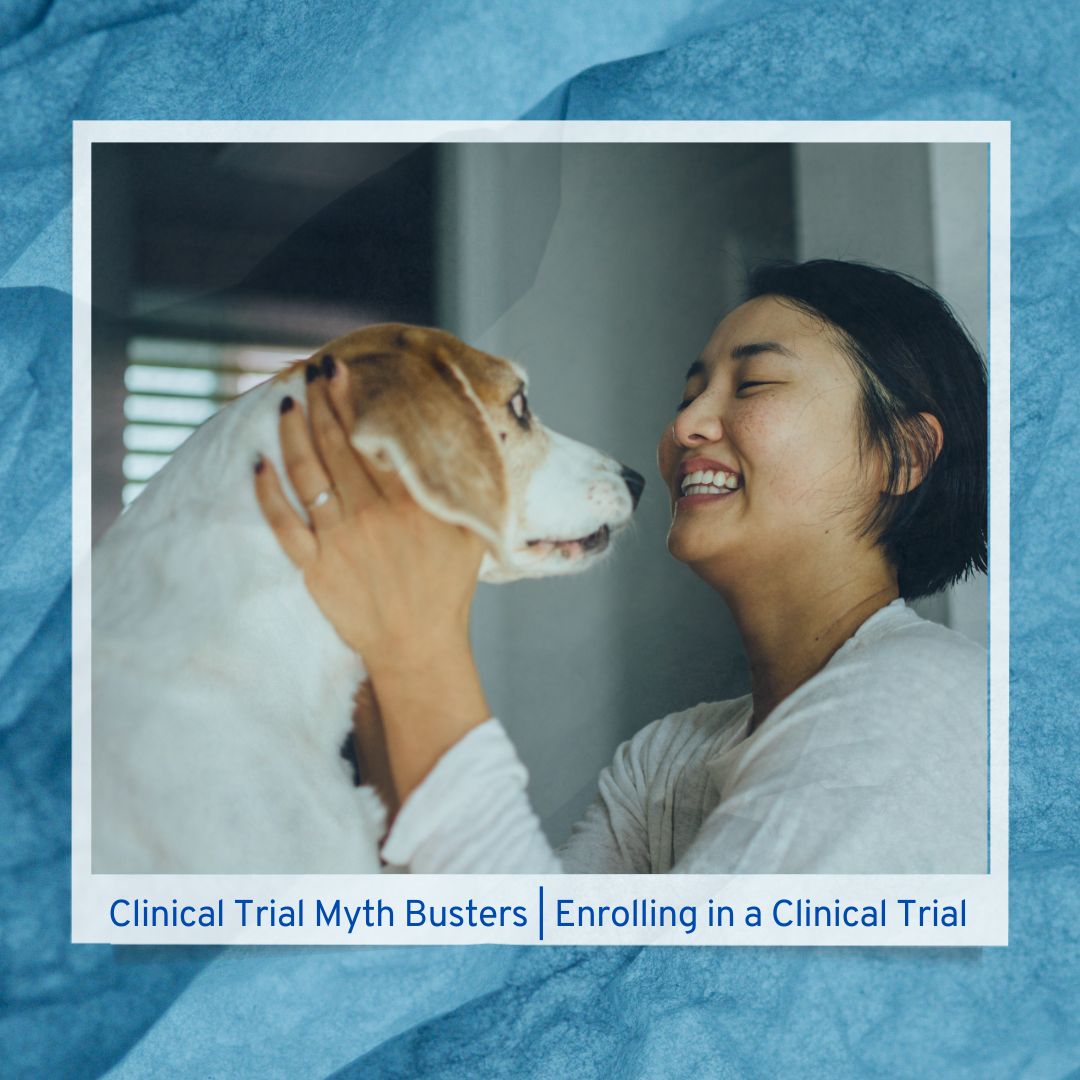Signing up for a clinical trial can be nerve wracking, to say the least. Once, you’ve talked to your doctor, taken all of the tests, and discovered if you meet the study protocol, it can feel like a daunting process just to get through the door. However, the steps you’re taking to better your health and potentially contribute to science make all the difference to your prognosis and society.
Therefore, we developed a simple guide demystifying the top myths individuals have about clinical trials.
Myth: Clinical Trials are in undisclosed locations
Truth: Clinical trials take place in doctors’ offices, medical center and other highly advanced research hospitals

Clinical trials take place in doctors’ offices, medical centers, community hospitals and clinics, and veterans’ hospitals around the world. A particular trial may be offered at only one location, but some may be conducted at many different hospitals across the world.
Once you go through the process of enrolling in a clinical trial, and complete the informed consent process for a study, here’s what you can expect from participating in a trial:

Myth: Clinical Trials Won’t Give Me The Care I Need
Truth: Additional Medical Testing and Monitoring is Normal
One of the main differences between receiving treatment as part of a clinical trial versus standard care is that there might be more medical tests and attention from medical staff as part of a clinical trial. Before beginning the new treatment, participants of the study team will take a look through your full medical history. Depending on the trial, there may be extra blood tests, imaging tests and/or a physical exam, depending on what is necessary for care.
These are required to ensure that you meet the full requirements to participate in the study, and to help ensure your safety. In a clinical trial, the standard of care might mean getting more attention to your medical needs rather than in a traditional hospital setting. The doctors and nurses may examine you more often and will want to know if you’re having any side effects (also known as adverse events) while under their treatment or care.
Because the possible side effects may not fully be established, it’s very important to let the research team know how you’re feeling. They can use this information to decide if symptoms you’re having are related to the clinical trial, if you need any special attention, or your treatment needs to be changed.
Safety of participants is strongly regulated by many organizations, and it’s important to remember that you can always leave a study at any time, for any reason.
Myth: My Life is Busy Enough, I Don’t Have Time to Participate
Fact: Sponsors of Clinical Trials Want To Ease Your Burden

Certain barriers to clinical trial participation can often be taken care of by the sponsor who is running the clinical trial. To get to your clinical trial, you’ll likely have to make travel arrangements for your appointments. Whether you’re driving yourself, taking a train, black car service or airplane, planning your clinical trial can be something that certain sponsors may reimburse you for, or provide assistive services for.
Common forms of reimbursement
Here are some ways researchers compensate for travel:
- Prepaid gas cards
- Parking vouchers
- Taxi and ride sharing vouchers
- Airfare credits
It’s important to note that not all trials cover patient travel expenses – and even the ones that do may not fully cover your expenses. That’s why it is important to save all necessary receipts for travel costs. Without these, you may not receive any reimbursement. Also, medical-related travel is tax deductible, which is another reason you’ll want to keep track of your receipts.
Finishing up the trial
As you’re wrapping up participating in the study, you might have questions. The end of the clinical trial does not mark the end of all communication between you and the research team. After your exit interviews with the research team to give you a chance to provide feedback on your experiences, you’ll typically go back to having the standard care you were receiving before participating in the study. In some cases, you can continue on the study treatment – that and other details about what happens when the trial is over should be covered with you during the informed consent process before you enroll in the study.
The study staff will share details about the findings of the study with participants as soon as possible. If the results are positive, the treatment will become available to all patients as part of standard care.

